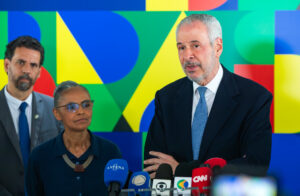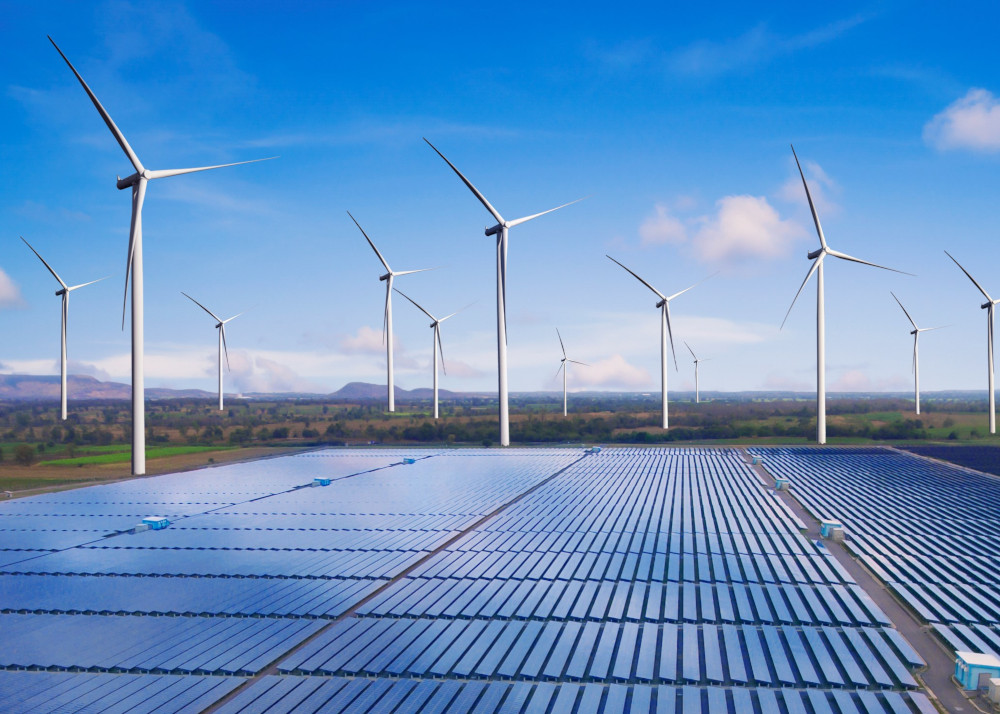Private investment to be key focus at COP30 – Ambassador
Private investments and financing will be a core subject at the upcoming COP30 United Nations climate change conference that Brazil will host in November 2025, Ambassador André Correa do Lago (pictured) told Infralogic.
Lago, who is serving as COP30 president, emphasized that private capital’s role in implementing policies debated during the summit will be a central discussion during the event. Lago explained in a press conference that the preparations for COP30 include creating a roadmap report, set for release days before the event, which will address the projected USD 1.3tn in investments needed for energy transition. The organizers are also arranging around 400 initiatives to foster interaction with the private sector during COP30 in the so-called Blue Zone, he said. A separate summit with oil and gas CEOs is also planned.

“This financial issue is absolutely crucial, because we have a big problem in the world: most renewable investments have only happened in in China, Brazil, and India,” the ambassador said. “Very little was left for the rest of the world,” he added.
Roberto Ardenghy, president of the Brazilian Oil and Gas Institute (IBP), also weighed in on the need for financial resources to achieve climate goals. “So, we are going to stick only to the more programmatic objectives, but we will not be able to get there because we will need resources, resources including to finance the energy transition in countries with a low level of development,” Ardenghy said. “So, I think this debate will be a very important debate at COP30, and we, in the oil and gas sector, are prepared to contribute to this discussion.”
Brazil hopes that hosting COP30 will provide a symbol of its potential to lead global energy transition efforts and the wider renewables market. However, Presidente Luis Inácio Lula da Silva’s government faces challenges that environmentalists view as contradictions. One such issue is the ongoing debate surrounding the approval by Congress of Bill 2159/21, which seeks to streamline environmental approvals and the government plans to extract 10 billion barrels of oil from the area known as the Equatorial Margin, that includes the mouth of the Amazon River, which has raised concerns among environmental groups.
Lago addressed perceived inconsistencies, explaining that in his view Brazil’s dynamic, democratic society, with its diverse economic interests and regional cost variations, naturally proposes varied solutions. He pointed to the universal agreement at COP28, which included commitments to end deforestation by 2030 and transition away from fossil fuels. These actions, he noted, must align with each country’s priorities and capacities. Brazil is committed to reaching net zero by 2050, a goal shared by many nations, though some have later targets.
Lago concluded by saying that he thinks COP30 will show Brazil as a medium-sized global economy, engaged in a significant internal debate about the various paths it can take to achieve its climate goals.











